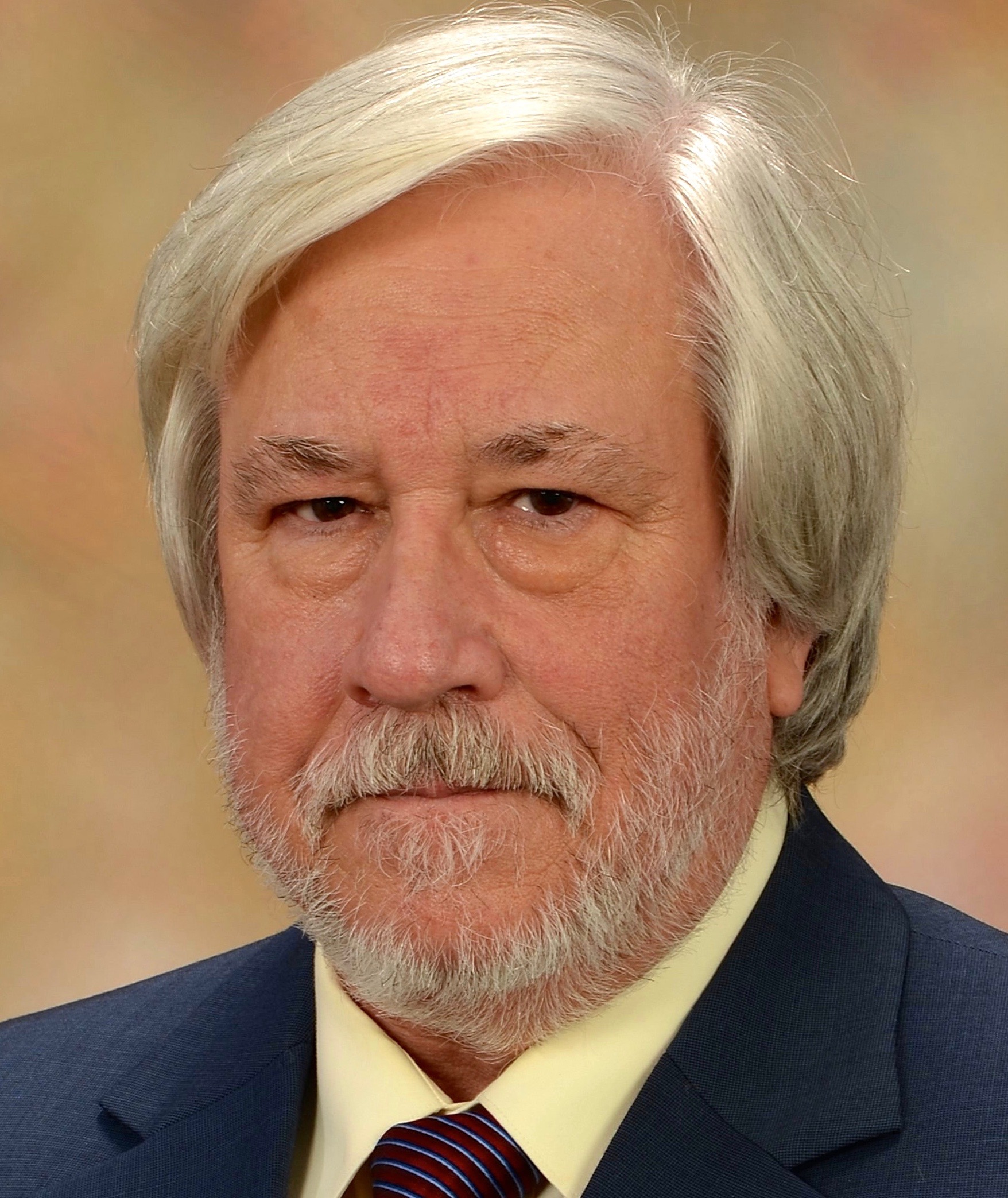
Lab site: Serious Mental Illness Research Group
Dr. Spaulding received his Ph.D. from the University of Arizona in 1976 and completed a postdoctoral Fellowship in Mental Health Research and Teaching at the University of Rochester, 1976-1979. He joined the UN-L faculty in 1979. His research interests address various aspects of schizophrenia and other severe disorders, including clinical and experimental psychopathology, the effectiveness of treatment and rehabilitation, and service systems and social policy. Recent projects in his research group have included neuropsychological impairment in schizophrenia, the nature of schizotypy, cognitive and neuropsychological predictors of success in treatment and rehabilitation, neuroendocrine aspects of schizophrenia, assessment of stress and coping in rehabilitation, social cognition in psychosis, the effectiveness of cognitive treatment, mental health system reform, and the impact of the US Supreme Court’s Olmstead ruling. His graduate students include individuals in the regular clinical Ph.D. track and clinical students in the UNL Law-Psychology program. His law-psychology students are generally interested in law and social policy related to severe mental illness, and therapeutic jurisprudence (using the law for therapeutic purposes). Dr. Spaulding also has general interests in psychopharmacology and the integration of psychopharmacological and psychological treatment. He teaches graduate courses on psychopathology, treatment, professional ethics, and the history and philosophy of psychology, and supervises clinical practicum training. His recent book, The Schizophrenia Spectrum (Hogrefe, 2017), with co-authors Steven Silverstein and Anthony Menditto, is a comprehensive integration of theory, research and practice principles. Dr. Spaulding is an editor of American Journal of Orthopsychiatry, the journal of the Global Alliance for Behavioral Health and Social Justice. He maintains an active clinical and consulting practice. Although he is currently an active member of the UNL Clinical Psychology Training Program faculty, he no longer accepts new graduate students for individual mentorship.
Representative Recent Publications
-
Davidson, C., Kiat, J., Tarasenko, M., Ritchie, J. Molfese, D. & Spaulding, W. (2018) Exploring electrophysiological correlates of social cognition in subclinical schizotypy. Personality and Mental Health. DOI 10.1002/pmh.1413
Spaulding, W., Silverstein, S. & Menditto, A. (2017) The Schizophrenia Spectrum (2nded.). London: Hogrefe.
Li, M. & Spaulding, W. (eds. )(2016) The neuropsychopathology of schizophrenia: Molecules, brain systems, motivation and cognition. The Nebraska Symposium on Motivationvol. 63: New York, Springer.
Spaulding, W. & Sullivan, M. (2016) Treatment of cognition in the schizophrenia spectrum: The context of psychiatric rehabilitation. Schizophrenia Bulletin 42, S53–S61.
Spaulding, W., Montague, E., Avila, A. & Sullivan, M. (2016) The idea of recovery, inN. N. Singh, J. W. Barber, and S. Van Sant (Eds.). Recovery: Principles, Research and Practice in Inpatient Psychiatric Hospitals, Evidence-Based Practice in Behavioral Health Series, New York: Springer
Spaulding, W. & Sullivan, M. (2016) Psychotherapy and the schizophrenia spectrum, in L. Beutler, A. Consoli & B. Bongar (eds.) The Oxford Comprehensive Textbook of Psychotherapy(2nd. Ed). New York: Oxford Univ. Press.
Menditto, A., Spaulding, W. & Hunter, R. (2016) Psychiatric hospitals. In J. Norcross et al (ed.) Handbook of Clinical Psychology Volume I: Roots and Branches. Washington D.C.: American Psychological Association.
Davidson, C., Hoffman, L. & Spaulding, W. (2016) Schizotypal personality questionnaire – brief revised (updated): An update of norms, factor structure, and item content in a large non-clinical young adult sample. Psychiatry Research 238: 345-355.
Treichler, E., Evans, E., Johnson, J., O’Hare, M. & Spaulding, W. (2015)The relevance and implications of organizational involvement for serious mental illness populations. American Journal of Orthopsychiatry, 85(4), 352-361.
Bottoms, H., Davidson, C., Treichler, E. & Spaulding. W. (2015) Cognitive characteristics in “difficult-to-discharge” inpatients with serious mental illness: Attribution biases are associated with suspiciousness only for those with lower levels of insight. American Journal of Psychiatric Rehabilitation 18: 152-172.
Spaulding, W., Cook, E. & Avila, A. (2014) Therapeutic jurisprudence and recovery from severe and disabling mental illness, in B. Bornstein & R. Wiener (eds.) Justice, conflict and well-being: multidisciplinary perspectives. New York: Springer.
Cook, E., Liu, N., Tarasenko, M., Davidson, C. & Spaulding, W. (2013) Longitudinal relationships between neurocognition, theory of mind, and community functioning in outpatients with serious mental illness (SMI). Journal of Nervous & Mental Disease, 201: 786-794.
Tarasenko, M., Sullivan, M., Ritchie, A. & Spaulding, W. (2013) The effects of eliminating psychiatric rehabilitation from the secure levels of a psychiatric service system. Psychological Services, 10: 442-451.